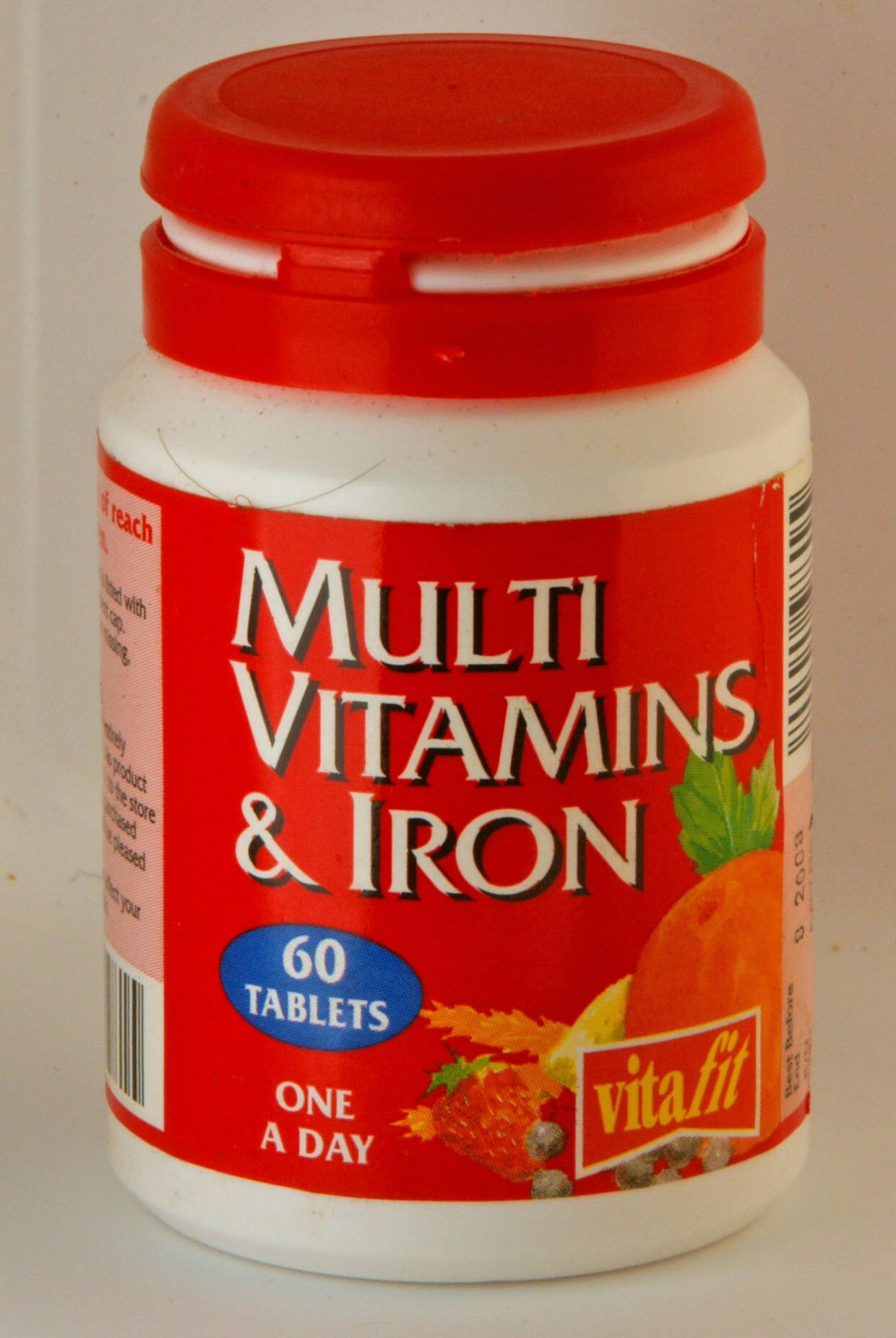Which vitamins are the best for women during menopause and afterwards? They’re not the same ones that you took dutifully during your teens, your 30s, or until now. When you reach middle age, it’s important to update your vitamin regimen in order to prevent vitamin B12 deficiency and other health conditions that can creep up on women during menopause and old age.
This is part 2 of the Best Vitamins for Menopause installment. Best Vitamins for Menopause (And a Couple you can forget about): Part 1 dealt with vitamins you start taking once you reach menopause; part 2 focuses on specific supplements that you should try to avoid, unless otherwise instructed by your doctor.
Please speak with a doctor before beginning any new vitamin regimen. While most vitamins such as vitamin B12 are perfectly safe to take in any amounts, certain nutrients such as vitamins and calcium can have a detrimental effect on your health if taken in abundance.
Not-so-great vitamins with menopause
Sometimes, there is such thing as getting a little too much of a good thing, and that definitely applies to vitamin supplementation during the menopause years.
Here are some nutrients you should be wary about once you reach the age of 50.
Multivitamins with Iron
While your body needs plenty of iron in order to produce plenty of red blood cells, and to prevent iron deficiency anemia, having too much iron in your system can be extremely hazardous to your health.
This is because as you age, your need for iron supplements goes down, beginning with menopause and the cessation of your menstrual periods. So, extra iron gets stored in your organs- your heart, liver, and pancreas- in addition to your joints, which can have a toxic effect, causing chronic pain and life-threatening conditions.
(This is one way that iron supplements are so much different from vitamin B12 supplements; while both are needed for red blood cell production, only iron can have a toxic effect in great amounts. There’s no such thing as taking too much vitamin B12, as your body is able to efficiently discreet any amounts you don’t need in your urine.)
Doctors recommend about 18mg daily for women who haven’t reached menopause and only 8mg for women who have stopped menstruating. Still, you should speak to your doctor before starting any vitamin regimen, especially iron tablets.
Vitamin E
If you take blood thinners for cardiovascular disease, then don’t begin vitamin E supplementation without first speaking to your doctor.
Although vitamin E is an excellent antioxidant, it also works as a blood thinner. Women using Warfarin or aspirin during menopause should think twice before taking vitamin E, and probably stop using vitamin E capsules as part of their nutritional regimen.
In men, vitamin E may be more dangerous, as scientists are studying prostrate problems linked to vitamin E.
Your turn!
Do you have any questions or suggestions? Please leave your comments below.
Share with your friends!
If you found this article helpful, then please share with your friends, family, and coworkers by email, twitter, or Facebook.
Like this? Read more:
Vitamin B12 Deficiency and Menopause Symptoms
Vitamin B12 Deficiency and Menopause: Risk Factors
Sources:
Iron Supplementation Typically Not Recommended for Postmenopausal Women
Image courtesy of jusben/morguefile


